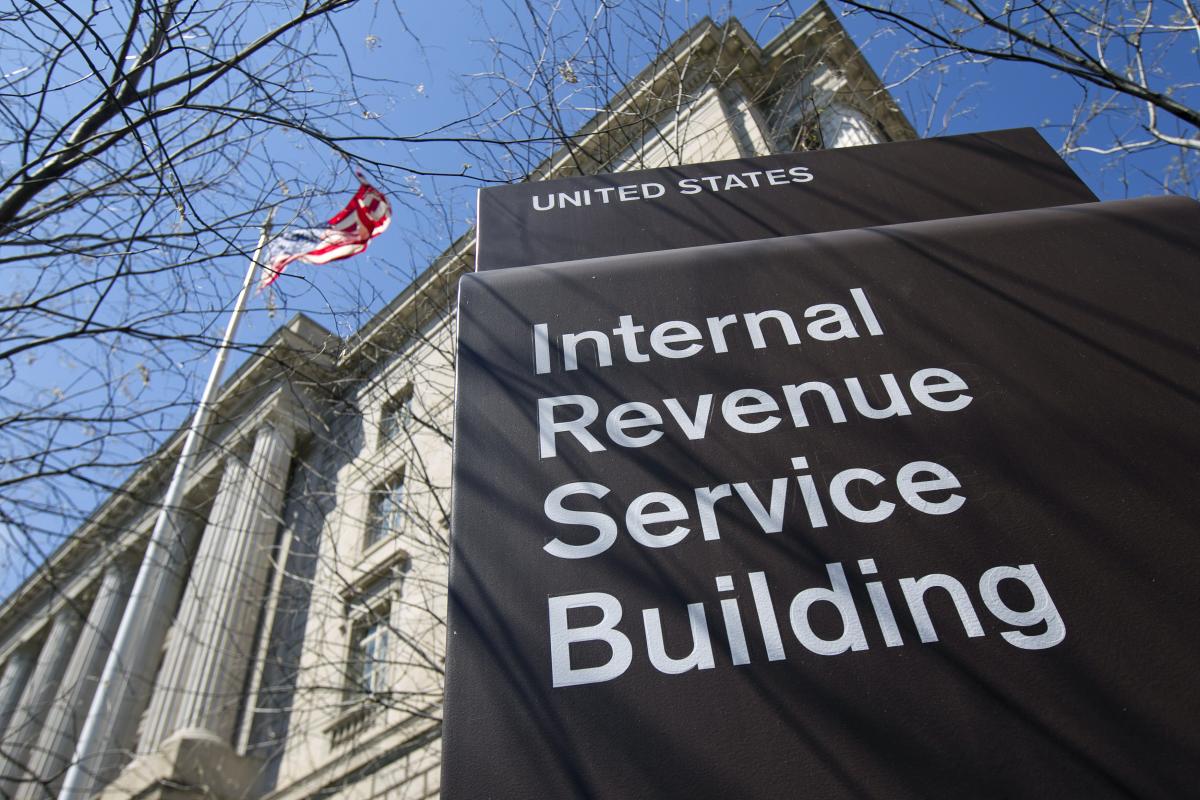The IRS has proposed electronic filing requirements for some information returns and other documents, including returns and documents relevant to retirement plans. 
The IRS is proposing regulations that would amend the rules for filing electronically. This would affect persons required to file partnership returns, corporate income tax returns, unrelated business income tax returns, withholding tax returns, and certain information returns, registration statements, disclosure statements, notifications, actuarial reports, and certain excise tax returns.
Among the information returns the proposal affects are:
- Form 1099-R, Distributions From Pensions, Annuities, Retirement or Profit-Sharing Plans, IRAs, Insurance Contracts, etc.
- Form 945, Annual Return of Withheld Federal Income Tax
- Form 5498-SA, HSA, Archer MSA, or Medicare Advantage MSA Information
- Form 8955-SSA, Annual Registration Statement Identifying Separated Participants With Deferred Vested Benefits
- Form 5500, Annual Return/Report of Employee Benefit Plan
- Form 5500-SF, Short Form Annual Return/Report of Small Employee Benefit Plan
- Form 5500-EZ, Annual Return of A One-Participant (Owners/Partners and Their Spouses) Retirement Plan or A Foreign Plan
- Form 5330, Return of Excise Taxes Related to Employee Benefit Plans
Why?
“Electronic filing has become more common, accessible and economical,” says the IRS, “as evidenced by the prevalence of tax-return preparers and third-party service providers.” They cite the percentage of returns being filed electronically, observing that in 2018, approximately 98.5% of information returns were filed that way. In addition, they argue that “electronic filing increases the IRS’ timeliness and accuracy in processing return information returns, which, in turn, provides faster and better customer service to taxpayers with respect to those returns.”
The IRS says that in light of the prevalence of electronic filing and the enactment of the Taxpayer First Act of 2019 (TFA, Public Law 116-250), which expanded the authority of the Secretary of the Treasury to issue regulations requiring electronic filing, the IRS and Treasury are proposing amendments to the regulations concerning filing that address electronic filing in greater detail.
What the Proposal Would Do
These proposed amendments withdraw proposed regulations published in the Federal Register on May 31, 2018, that amended the rules for determining whether information returns must be filed electronically. They also reflect changes made by the TFA and are consistent with the that law’s emphasis on increasing electronic filing.
Among the changes are the following.
The IRS notes that the procedures for processing paper returns and returns that have been submitted electronically are different, and that this can create great complications. For instance, if a return filed on paper needed corrections and the corrected form is filed electronically, the IRS may not have even finished processing the original paper return before it received the corrected return. Similar problems arise when a return filed electronically is corrected on paper. The IRS note that it cannot reconcile the differences between the forms as quickly when they are submitted in different formats. The proposed regulations would require amended and corrected forms to be submitted in the same format as that in which they were originally submitted.
Currently, the applicable regulations state that no one is required to file certain information returns electronically unless that person is required to file 250 or more returns in a calendar year. The proposed regulations would amend regulations under Section 6011 concerning required use of an electronic form, which sets standards for determining whether certain information returns must be filed electronically for:
- returns (1) relating to cash in excess of $10,000 received in a trade or business or in excess of $10,000 received as bail by court clerks; (2) by partnerships, electing small business corporations, electing small business corporations, organizations required to file returns under section 6033; and (3) regarding corporate income tax;
- information reporting on real estate transactions with dates of closing on or after Jan. 1, 1991, and relating to persons receiving contracts from certain federal executive agencies;
- filing requirements relating to deferred vested retirement benefit, information required in connection with certain plans of deferred compensation; and periodic report of actuary;
- furnishing statements required regarding certain substitute payments; and
- failure to file correct information returns, which provides the penalty for failure to file correct information returns.
Section 3101 of the TFA amended Section 6011 to require electronic filing by any charitable or other organization that must file an annual return under Code Section 511 on unrelated business taxable income. Currently, no person has to file returns electronically under Section 6011 unless that person has to file 250 or more returns in a calendar year. The proposed regulations would change the threshold from 250 to 100 for returns to be filed during calendar year 2022 and to 10 for returns to be filed during calendar years after that.
Comments Welcome
The IRS will accept comments in written or electronic form for 60 days after July 23, 2021, the date the proposed regulations appeared in the Federal Register.
Electronic submissions should be made via the federal eRulemaking Portal at http://www.regulations.gov; they should indicate IRS and REG–102951–16. Comments made on paper should be submitted to: CC:PA:LPD:PR (REG– 102951–16), room 5203, Internal Revenue Service, P.O. Box 7604, Ben Franklin Station, Washington, DC 20044.
- Log in to post comments
